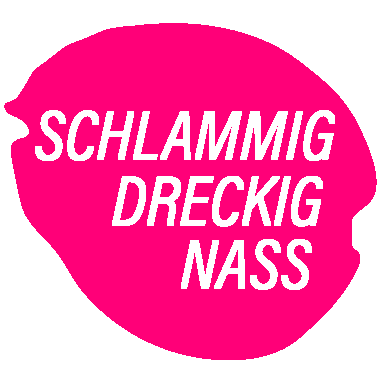Sebastian Gräfe & Matthias Kranebitter
Sebastian Gräfe (*1976 in Grimma) studied fine arts at the HBK Braunschweig. A recurring theme of his artistic work is the location of man in nature. He illuminates this relationship as critically as poetically and with subtle humor. Since the early 2000s, he has been realizing projects in public space and showing his work in international galleries and institutions. Gräfe has been awarded various prizes and grants for his work, including from the Studienstiftung des deutschen Volkes, the state of Lower Saxony, Stiftung Kunstfonds and the Akademie der Künste. He lives and works in Berlin and Reitwein/Oder.
www.imperimental.org
Matthias Kranebitter (*1980) studied composition in Vienna, Amsterdam and Graz. His music addresses aspects of our media society and trash culture with its flood of information; it is characterized by a high degree of density and heterogeneity. His work has been awarded, among others, the Impuls Kompositionspreis Graz, Stadt Wien Förderungspreis and the Austrian Staatsstipendium. Previous collaborations have included ensembles such as the Belgian Nadar Ensemble, Decoder Ensemble Hamburg, Ensemble Mosaik Berlin, Talea Ensemble New York, Klangforum Wien, and others. He is co-founder of the Unsafe+Sounds Festival and artistic director of the Black Page Orchestra.
www.matthiaskranebitter.com
